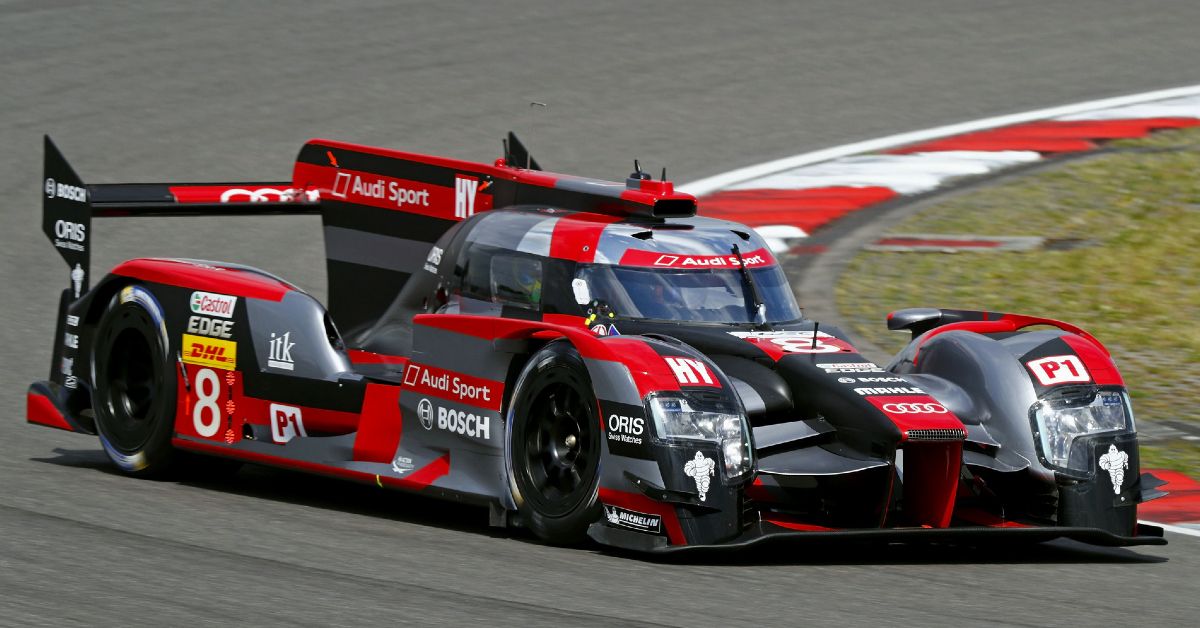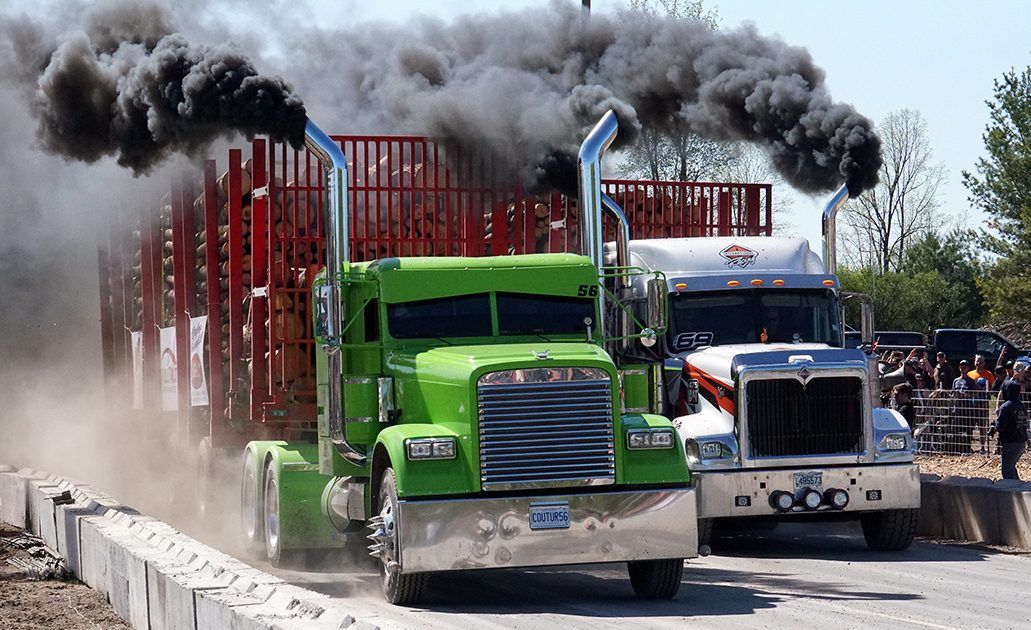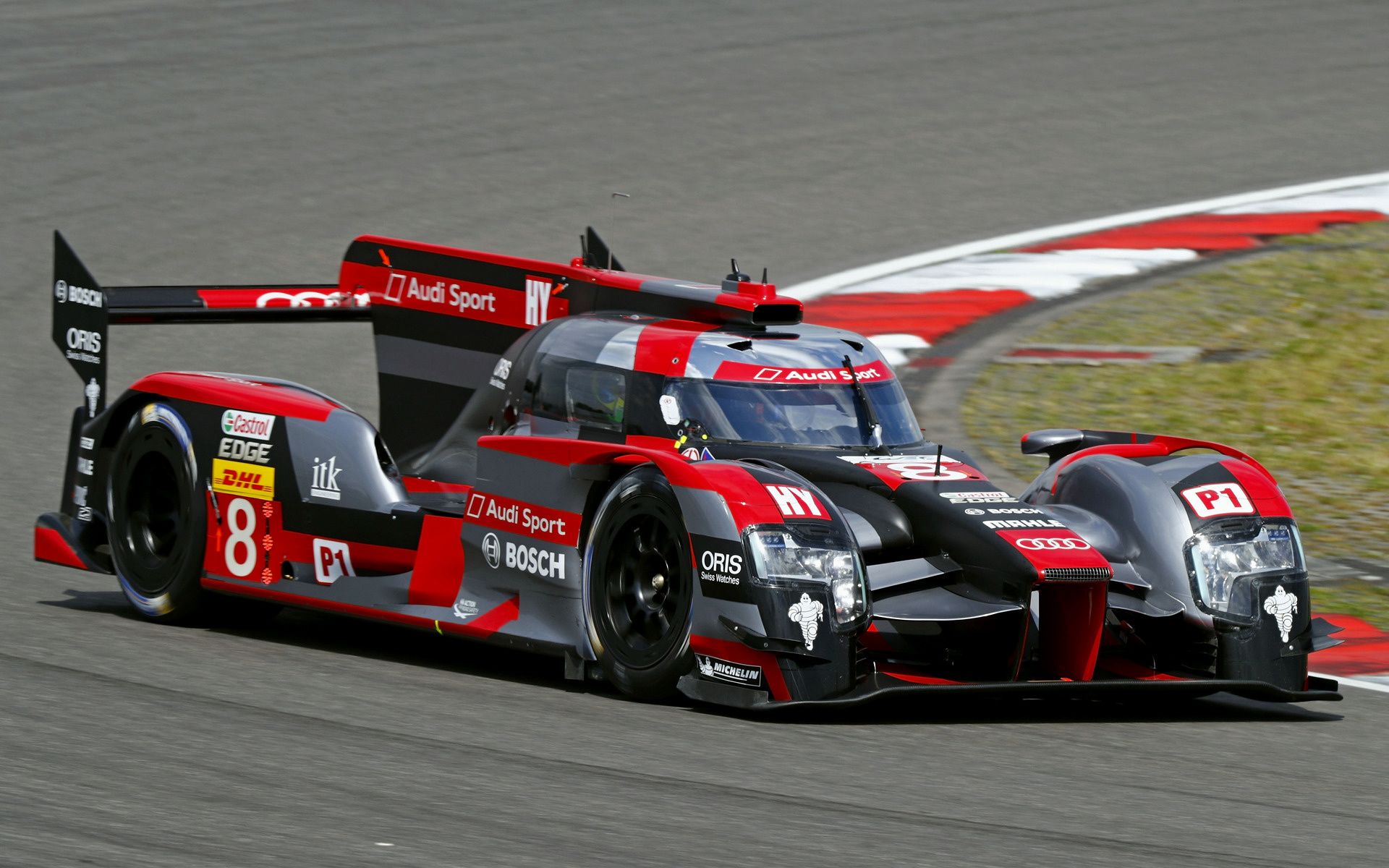Elon Musk might believe that electric vehicles represent humanity's future transportation solution, and there's plenty of good news and sales figures coming out of Tesla these days, but the truth is that the current automotive landscape has trended more towards hybrids than full electrification. Even big, classic American products like pickup trucks have been available with hybrid help for a few years now—where companies like Ram used to be famous for huge, belching diesel engines, they've now moved (along with the recent Ford F-150 reveal) towards hybrid systems to improve torque and fuel efficiency.
A very obvious question that many gearheads might ask themselves regularly is why manufacturers don't build a hybrid car that uses a diesel engine, rather than a gasoline engine. After all, the locomotive world is well accustomed to the two technologies working extremely efficiently together. Well, a range of factors over the years have contributed to the lack of diesel hybrids on the market.
Diesel engines have very clear benefits when compared to gasoline powerplants, namely in the realm of fuel efficiency and low-end torque. And those are two areas where hybrid vehicles strive to excel. Plus, diesels are extremely reliable because they have to be built to handle more extreme compression.
Meanwhile, hybrids have, fairly or unfairly, developed a bit of reputation for being overly complex and unreliable—largely to thanks to computerization and the strain placed on what are their typical tiny, gasoline engines.
Running With The Big Boys
In America, most drivers think of pickup trucks and semis when they think of diesel power—and they'd be correct in that association, as the realm of service and work vehicles are perfect for the advantages that diesels offer. When money is the name of the game, diesel can't be beaten when it comes to investments in long-lasting vehicles that sip lightly on purchases of bulk quantities of fuel.
The main disadvantage of diesel engines is their emissions—though using DEF and modern exhaust filtration systems have largely counteracted this fact in recent years. The problem is that diesel just sounds like a dirty word these days, which is relatively ironic.
The Proof Is In The Pudding
In fact, there's a strong case to be made for the fact that torquey, powerful diesel engines could combine well with hybrid-electric systems. And the perfect example comes in the form of Audi's R18 Le Mans Prototype-class racecar, which has won two Constructors' Championships and two Drivers' Championships, plus achieving two outright wins at the actual 24 Hours of Le Mans race.
The irony is that just as diesel hybrids might have been ripe to grow steam in the market, the dieselgate scandal emerged and embroiled Volkswagen Auto Group (which owns Audi). VW and its subsidiaries lost all the ground they'd been making up on diesels—though it's true they were purposefully cheating emissions testing, the setbacks still greatly outweigh where the industry might have been at this point if companies had just tried to actually be honest about the pace of technological advancements.
Now, consumers have been spoiled on the subject of diesel, which doesn't combine with the absolute lack of panache associated with hybrids. After all, celebs have now ditched their Priuses for Teslas, so it seems like diesel hybrids might just get skipped over despite their obvious relevance today.
Sources: Alternative Energy News, Racecar Engineering, and Wikipedia.



